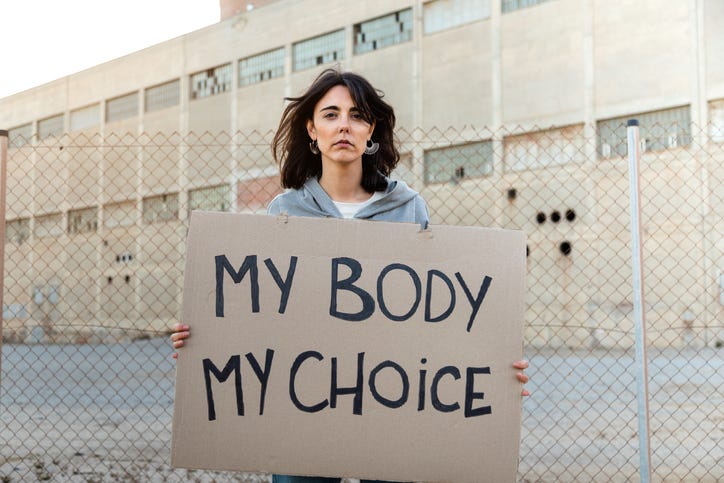
It's been a week since the Supreme Court overturned Roe versus Wade. With Minnesota on its way to becoming an 'abortion island' in the upper Midwest, some residents worry they will be unable to access care.
Hennepin County Commissioner, Angela Conley, says restrictive laws in other states will have devastating effects for low-income or BIPOC Minnesotans. "All the folks who don't have access to the wealth the dominant society has, will be hurt," said Conley.
According to the Executive Director of Pro-Choice Minnesota, Maggie Meyer, these concerns are real. "The reality is, folks who need care, will get care on a first come first serve basis," said Meyer. "There's not really a way to prioritize Minnesotans at this time."
Experts say accessing abortion care is not easy, even before the ruling. Take Tippy Amundson, for example. In 2016, doctors warned Amundson she could lose her uterus because of pregnancy complications. The now-pregnant mother of two, opted for a late-term abortion.
"I was still denied (a medical abortion) by the hospital that has birthed my other two children because I wasn't sick enough," said Amundson. "Even under all of these protections, there are ways people have fought back."
So activists like Meyer, with Pro-Choice Minnesota, are fighting too. She says more healthcare providers, mobile clinics, and tele-health visits are needed to meet the high demand.
"Following the lead of Washington State would be to allow other advanced practice clinicians to give abortion care," she said. "Midwives in that state are already doing miscarriage care."
To combat financial gaps in care, activists are pushing for municipal funding. Executive Director, of Our Justice, Shayla Walker, wants the city of Minneapolis to add a line item in the budget.
"The line item would allow reproductive justice organizations like ours to redistribute funds to people who are trying to access all reproductive care."
Walker notes the funds would cover transportation for vasectomies, pregnancy check-ups and more, not just abortions. She says other cities have taken similar actions.
"We have been talking a lot to the folks in Austin, Texas. Once it was in the budget, the money was distributed to the organizations. The organizations didn't have to reapply. Its always going to be accessible to the community."
Currently, the municipal funding idea remains just that, an idea. Despite what happens, they all say actions like these will ensure no resident or traveler is left behind.
"We're going to do everything we can in Minnesota to protect our residents right to an abortion," said Commissioner Conley. She also says residents can access pregnancy support services through their counties.


